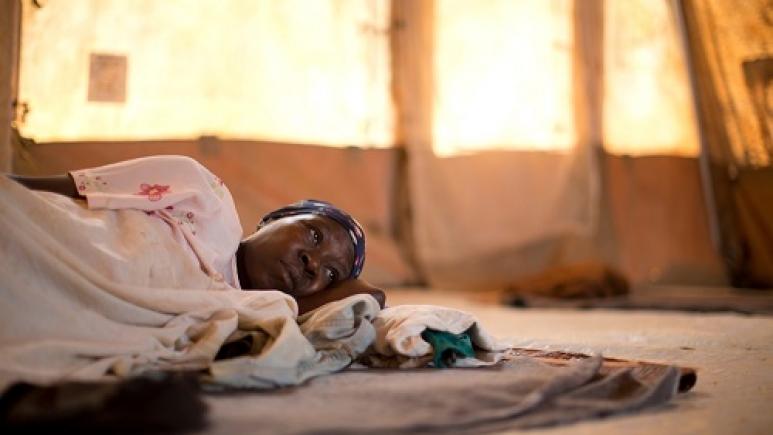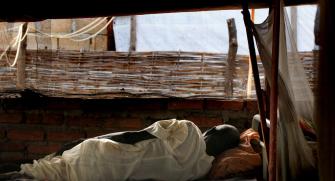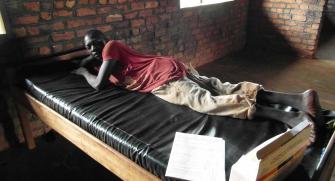The hope of a simple and tolerated treatment for the rarest form of sleeping sickness.
Less common than Trypanosoma brucei gambiense form, which is responsible for more than 95% of sleeping sickness cases, Trypanosoma brucei rhodesiense (r-THA) causes an acute infection and is rapidly fatal if left untreated. r-THA is present in 13 countries in eastern and southern Africa, including Uganda, Malawi, Zambia and Zimbabwe. For several years, the number of cases of human African trypanosomiasis has been steadily decreasing. In 2019, 992 cases were reported, which according to the WHO is the lowest number ever observed.
To date, the treatment of human African trypanosomiasis, which is essentially transmitted by the bite of an infected tsetse fly, depends on the stage of the disease: During the first phase, the parasite present in the blood causes multiple symptoms: fever, headaches, fatigue, inflammation of the lymph nodes. The advanced stage is characterized by an attack on the central nervous system, requiring the use of treatments that can cross the blood-brain barrier to reach the parasite. Six molecules are currently used in the treatment of trypanosomiasis, including 4 for advanced stages.
Find a less toxic therapy
After receiving a positive opinion from the European Medicines Agency (EMA) in 2018, fexinidazole is among the molecules to treat both stages of the T.b. gambiense form of the disease. Easy to use, this oral medication taken for 10 days significantly reduces hospitalizations and the number of lumbar punctures.
In 2019, therefore, DNDi launched a trial to evaluate the efficacy and safety of this molecule for the treatment of the T.b. rhodesiense form in the two countries where it is most common, Uganda and Malawi. Until now, r-THA has been treated with suramin injections in the non-nervous system stage. For the neurological stages, melarsoprol, an arsenic derivative, is administered. This relatively old drug causes meningoencephalitis in 8% of patients, half of whom die.
"The results of this trial are expected in 2023, but an important step has just been completed," notes Elisabeth Baudin, the study's statistician who works at Epicentre, "with the end of inclusions."
By the end of 2021, 44 patients had been treated with fexinidazole, 10 of whom were in phase 1 and 34 in advanced phase. The next step is to follow the patients and analyze the data. Other partners in the study are IRD, Makerere University in Uganda, the Malawi Ministry of Health, the Swiss Tropical and Public Health Institute, Switzerland, UNHRO (Uganda National Health Research Organization), and the IHMT (Institute of Hygiene and Tropical Medicine) in Lisbon, Portugal.
A rare and long-neglected disease, human African trypanosomiasis affects some of the most vulnerable populations in the world, making it important to have access to a treatment that is easy to use, effective and has few side effects. Today, an estimated 1.5 million people live in areas where there is a moderate to high risk of contracting T.b. rhodesiense. Expectations are therefore high for fexinidazole and now acoziborole, a single-dose oral treatment that is currently in a Phase II/III clinical trial for the treatment of sleeping sickness caused by Trypanosoma brucei gambiense in the Democratic Republic of Congo and Guinea. These new innovative approaches could ultimately lead to the elimination of this disease, which is one of the objectives defined by the WHO for the year 2030.
Crédit photo @Marizilda Cruppe









